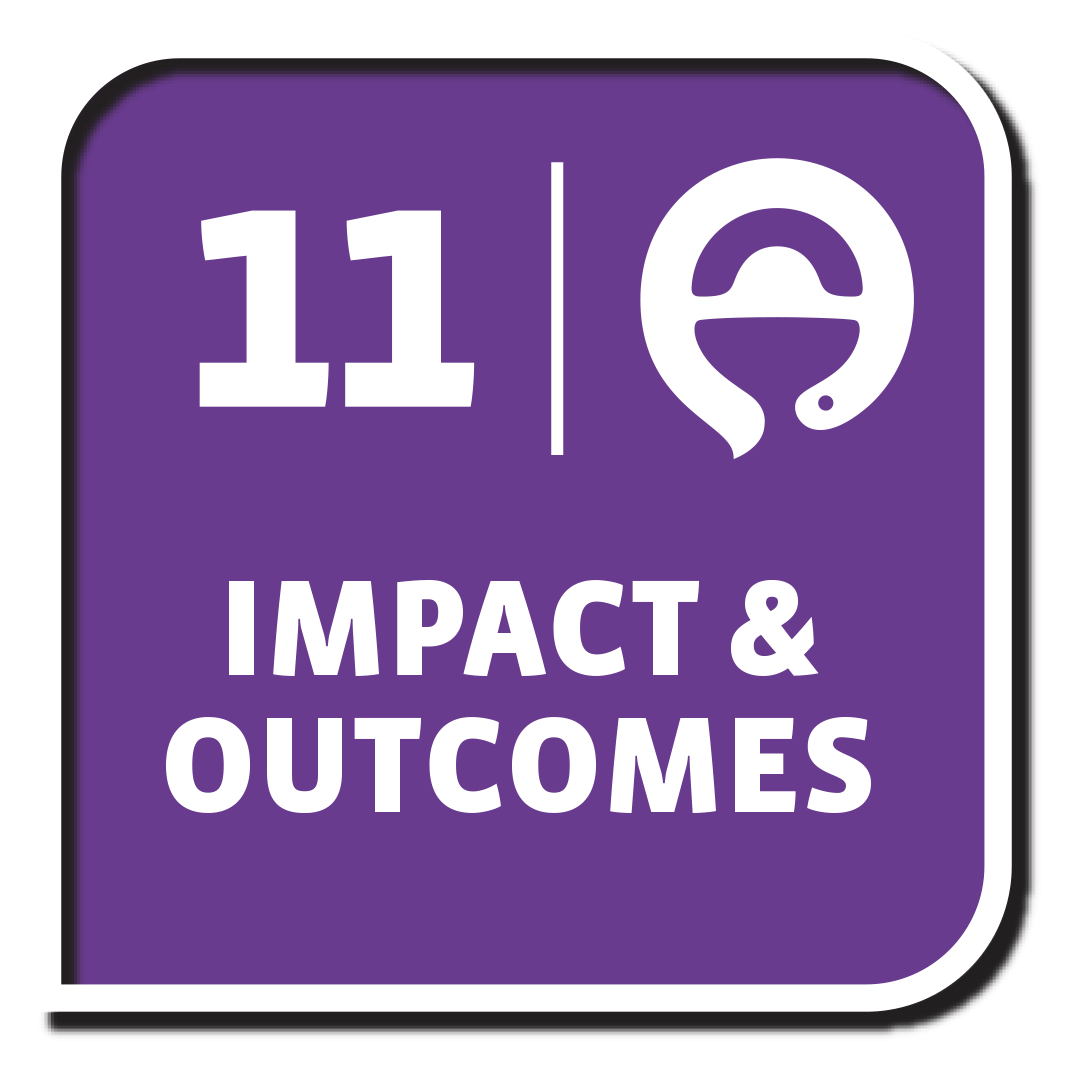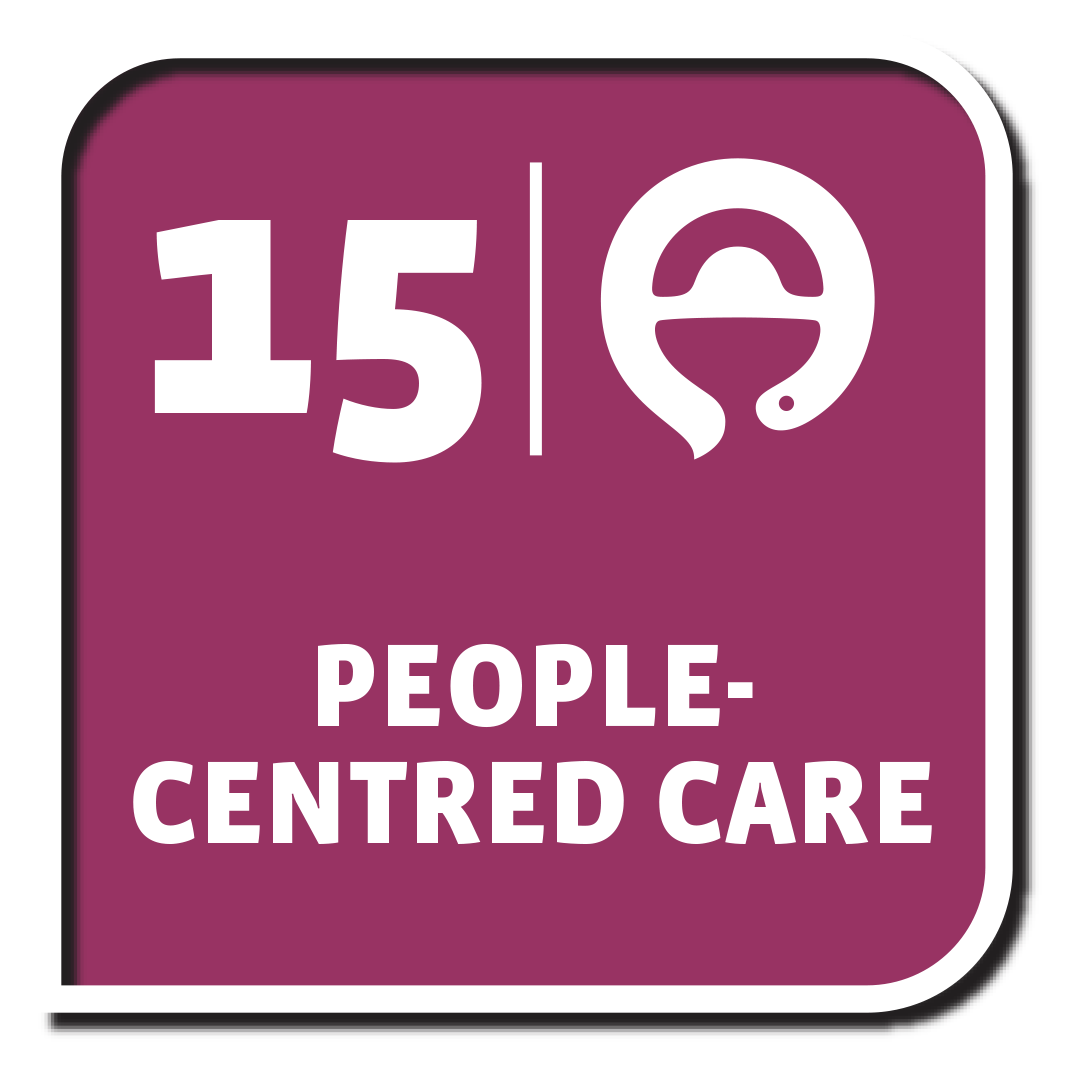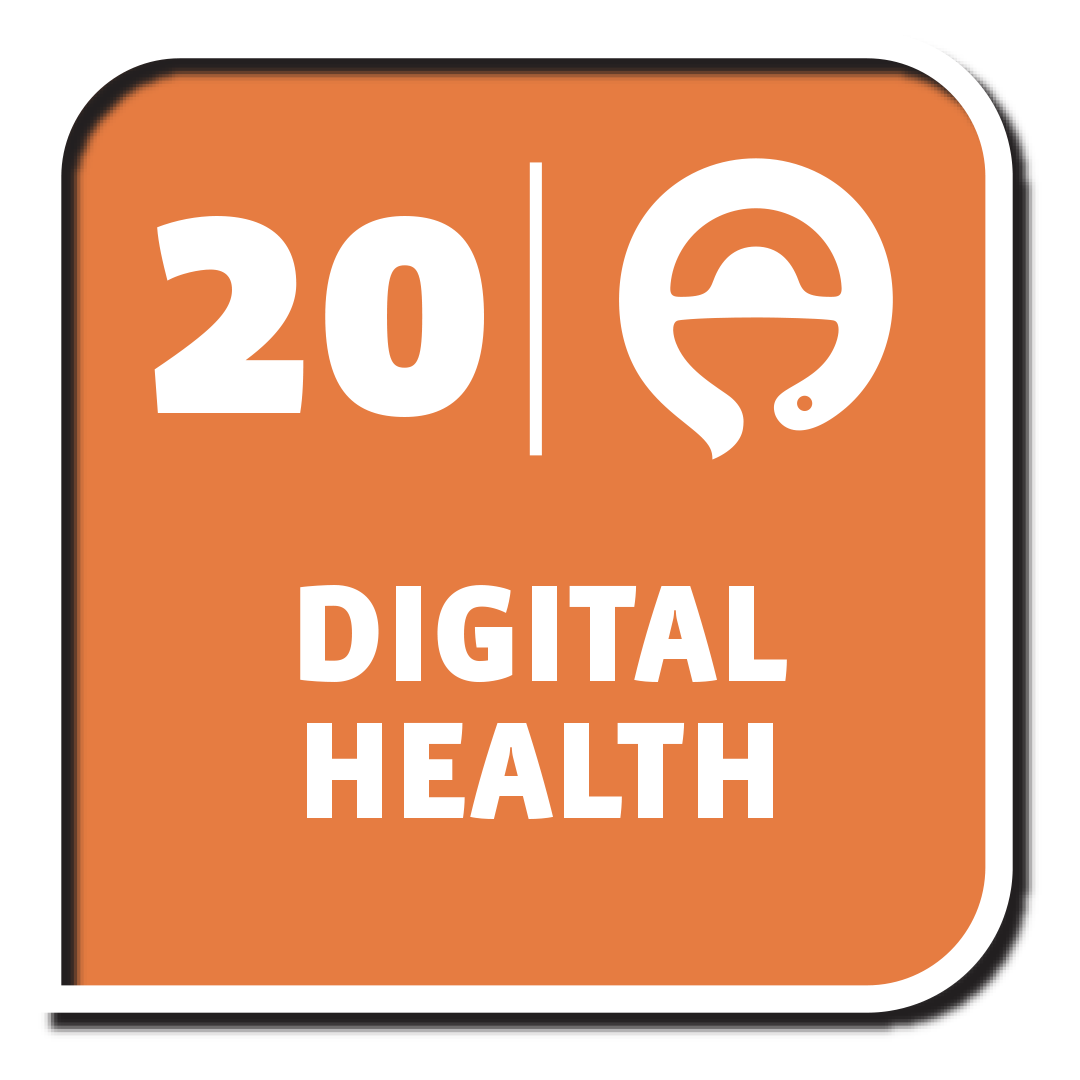PSWE-02 - Predicting the future: Data forecasting for pharmacists
Tracks
Auditorium 15
| Wednesday, September 3, 2025 |
| 11:00 - 12:30 |
| Auditorium 15 |
Details
Organised by the FIP Technology Advisory Group in collaboration with the FIP Community Pharmacy Section & the FIP Ethics Advisory Group
Chair(s)
Prof Kirstie Galbraith, FIP Hub Director, Australia & Dr Carl Schneider, University of Sydney, Australia
Introduction:
In an increasingly data-driven world, the ability to harness, interpret, and predict trends from data is becoming a crucial skill for pharmacists across all sectors. This session seeks to explore how data forecasting can transform pharmacy practice, health outcomes, and decision-making globally. With the growing digitalisation of health information and the rise of big data, predictive analytics, and artificial intelligence (AI), pharmacists have new opportunities to enhance their roles in patient care, supply chain management, public health, and policy making.
This session aims to bridge the current knowledge gap by offering an introduction to the concepts of data forecasting and exploring their applications and implications to pharmacy. Through real-world case studies and expert insights, participants will learn how data-driven approaches can provide predictive capability across various pharmacy domains including medication adherence, clinical outcomes by integrating predictive analytics into clinical decision-making, disease trends, AMR prevention, and supply chain management, especially in forecasting medication shortages, and ensuring medication access in underserved areas. Importantly data forecasting often relies on big data collection and analysis. This session shall inform the audience on the ethical challenges associated with data forecasting including privacy, the introduction of bias, and the challenge of sustainability in the use of AI for data forecasting.
Programme:
Learning objectives:
1. To understand the basic concepts of data forecasting, predictive analytics, and their applications in pharmacy practice.
2. To learn how data forecasting can be applied to address challenges such as medication shortages, inventory management, and improving patient engagement.
3. To gain insights into the ethical challenges associated with using big data in pharmacy, such as privacy, data bias, and the sustainable use of AI.
4. To learn practical strategies for using predictive analytics to enhance clinical decision-making and operational efficiency in practice.
Take home messages:
Predictive analytics and AI-driven forecasting can revolutionise pharmacy practice, from improving patient outcomes to optimising supply chains and supporting public health initiatives. Data forecasting enables pharmacists to anticipate medication shortages, enhance medication adherence, track disease trends, and make evidence-based decisions for better clinical and operational efficiency.
Understanding the basics of data forecasting empowers pharmacists to integrate these tools into their practice, leveraging big data to stay ahead in a rapidly evolving healthcare landscape. But with great potential comes responsibility: Pharmacists must address ethical challenges, including patient privacy, algorithmic bias, and the environmental impact of AI technologies, ensuring fair and responsible use of data.
By embracing data forecasting, pharmacists can expand their roles in healthcare innovation, policy development, and proactive patient care, solidifying their place as vital contributors to global health systems.
FIP Development Goals:


 To learn more about these FIP Development Goals, click on the links below.
FIP Development Goal 11: Impact and Outcomes
FIP Development Goal 15: People-Centred Care
FIP Development Goal 20: Digital Health
To learn more about these FIP Development Goals, click on the links below.
FIP Development Goal 11: Impact and Outcomes
FIP Development Goal 15: People-Centred Care
FIP Development Goal 20: Digital Health
| 11:00 – 11:05 | Introduction by the chairs | |
| 11:05 – 11:20 | Big Data = Better Drugs | |
| Prof. Claus Moldrop, Danish Medicines Agency, Denmark | ||
| 11:20 – 11:35 | Transforming practice with predictive analytics: real-world applications for pharmacists | |
| Dr Karthik Anantharaman, Apollo Pharmacies, India | ||
| 11:35 – 11:55 | FIP Health Promotion Campaign award – Presentation by the awardee | |
| 11:55 – 12:25 | Panel discussion | |
| 12:25 – 12:30 | Closing by the co-chairs |
Speakers
Dr Karthik Anantharaman
Apollo Hospitals
Predictive analytics and AI-driven forecasting for pharmacies
Prof. Claus Møldrup
Danish Medicines Agency
Big Data = Better Drugs
